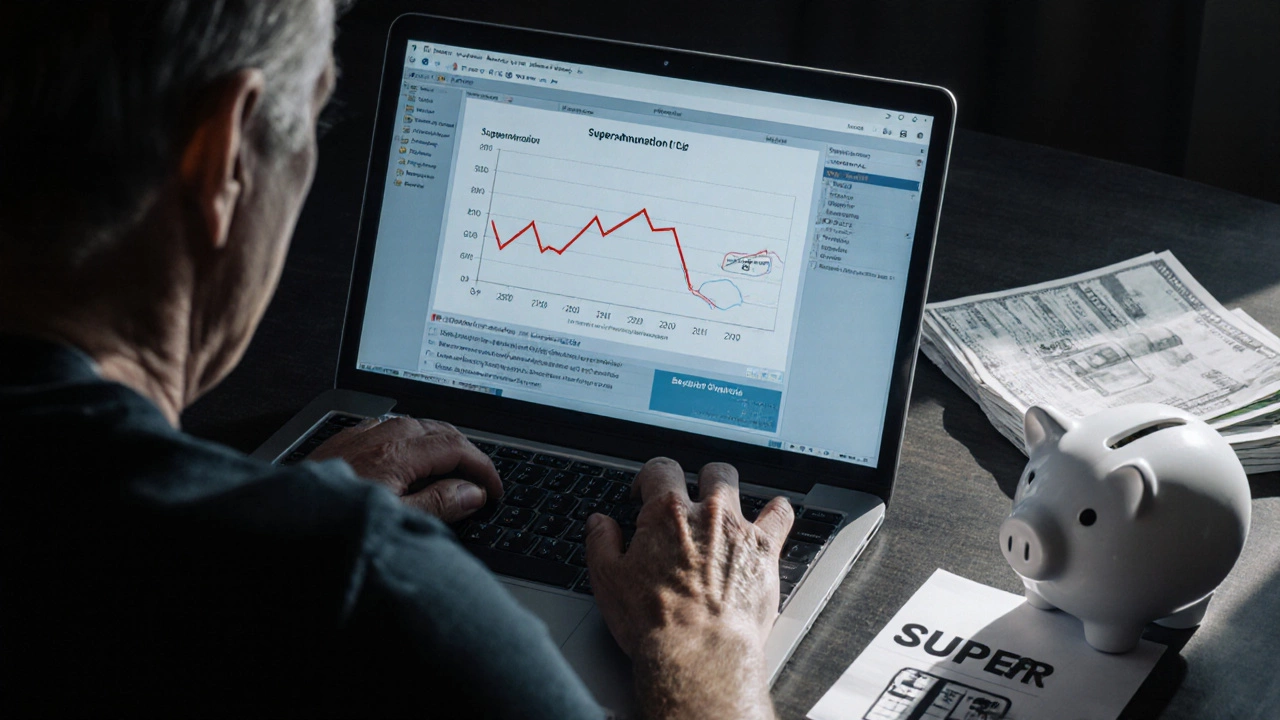Pensions: Your Practical Guide to Retirement Income
Thinking about your pension can feel like staring at a wall of numbers. The good news is you don’t need a finance degree to get the basics right. In the UK, a pension is basically a pot of money that grows while you work and then turns into regular cash when you stop. Let’s break down how that works, what you need to qualify, and the common hiccups that catch people off guard.
How Your Pension Builds Up
Most workplace pensions follow a “qualifying year” rule. You earn a qualifying year for every tax year you earn at least £10,000 and pay National Insurance. Stack up 35 of those years and you hit the full pension age, meaning you can claim the maximum state pension. If you fall short, you still get a reduced amount, but every extra year adds a bit more cash.
Employer contributions matter too. Many companies match a portion of what you put in, which can double your savings without you lifting a finger. If you’re self‑employed, you can set up a personal pension and decide how much to contribute each month. The key is consistency – even small monthly deposits add up thanks to compound interest.
Common Questions About Pensions
What if I quit my job? Leaving a job doesn’t wipe out your pension, but the rules change depending on the scheme. You can usually transfer the funds to a new employer’s plan or keep them in a personal pension. The important step is to ask your former HR department for a benefits statement and make sure the money stays invested.
How long will my pension last? A pension isn’t a one‑off payment; it’s designed to provide income for life. How far it goes depends on your lifestyle, health, and inflation. A simple rule of thumb is to aim for a monthly income that covers at least 70‑80% of your pre‑retirement earnings. Running a quick calculator (your annual pension ÷ 12) can show you whether you’re on track.
Pension vs. State Benefits? Many people wonder if they should rely on State Pension or a private scheme. The State Pension offers a guaranteed base amount, but it’s usually not enough for a comfortable retirement on its own. Adding a workplace or personal pension fills the gap and gives you more control over how much you receive each month.
Another practical tip: keep an eye on fees. High management charges can eat into your returns over time. Look for low‑cost index funds or a simple annuity if you prefer a set monthly payout. For a £300,000 pot, a typical immediate annuity might give you around £1,200 per month, but rates shift each year, so shop around.
Finally, don’t forget to review your pension statements at least once a year. Life changes – a raise, a new child, a health scare – can all affect how much you need to save. Updating your contributions now can prevent a shortfall later.
Bottom line: pensions are a steady, tax‑advantaged way to turn years of work into a reliable income stream. By understanding qualifying years, staying on top of contributions, and planning for job changes, you can keep your retirement on track and sleep better at night.

Can I Retire on $50,000 a Year Pension? Real Numbers for Australia in 2025
Can you retire on $50,000 a year in Australia in 2025? The answer depends on home ownership, location, and health. In Brisbane, it’s doable with careful planning-but not if you're renting or living in a capital city.

What Are the Disadvantages of a Pension Plan Account?
Pension plans offer tax benefits but come with strict access rules, hidden fees, market risks, and no inflation protection. Many Australians rely on them too heavily - without realizing the real downsides.

Understanding the Main Disadvantage of a Pension
Explore the main disadvantage of a pension-limited flexibility-plus other drawbacks like inflation, fees, and market risk, and learn practical ways to protect your retirement savings.

Is Pension Income Forever? What Australians Need to Know
Learn if Australian pension income lasts for life, the differences between Age Pension, superannuation withdrawals and annuities, and how to keep your retirement cash flowing.

Australian Pension Death Benefits: How Payouts Work After You Pass Away
Learn how Australian pensions pay out after death, covering lump‑sum benefits, survivor pensions, tax rules, claim steps and common pitfalls.

How Much Does a $300,000 Annuity Pay Per Month? 2025 Payout Examples and Calculator Tips
See how much a $300,000 annuity can pay per month. Clear examples by age and type, quick formulas, a comparison table, and simple steps to get accurate quotes.

How Many Years to Get Full Pension? Your Straightforward Guide
Wondering how many years it takes to lock in a full pension? This guide breaks down the rules, what counts as a 'qualifying year,' and how to keep your pension journey on track. You'll get real facts, quick tips, and answers to the most common tripping points. Avoid the pitfalls that leave people out of pocket at retirement. No jargon—just clear info for your pension game plan.

What Is a Good Monthly Pension? Real Numbers for Real Life
Figuring out what makes a 'good' monthly pension isn't as simple as picking a number out of thin air. It depends on your lifestyle, where you live, and how much you plan to spend when you stop working. This article digs into how to calculate your ideal pension, factors that really matter, and smart ways to make your pension stretch further. You'll get practical tips and real-life examples instead of empty theory. Find out the numbers that actually work for people living in 2025.

What Happens to Your Pension if You Quit?
Wondering what happens to your pension if you quit your job? Find out about the different scenarios and options available based on your pension type. Learn valuable tips to protect and maximize your retirement savings. Understanding the implications of leaving your job is crucial for effective pension planning. Let’s break it down without the fluff.

How Many People Have $3 Million in Savings?
In today's world of fluctuating economies and uncertain job markets, having a robust savings plan is crucial for ensuring a comfortable retirement. But how common is it for individuals to have a financial cushion of $3 million? This article delves into the statistics, challenges, and strategies related to achieving such significant savings, offering insights for those aiming to secure their future.

How Many People Have $3,000,000 in Savings? A Dive into Pension Planning
Having $3,000,000 in savings might seem like a far-fetched dream for many, but you'd be surprised to know it's a reality for some individuals. In this article, we'll explore who these people are, how they've managed to accumulate such wealth, and whether having a nest egg this size is necessary for a comfortable retirement. We'll also look into practical tips for beefing up your own savings, regardless of your current financial standing. By understanding these dynamics, you can plan more effectively for your golden years.

How Long Will Your Pension Really Last? Tips and Insights
Pension planning is an essential aspect of securing financial stability during retirement. Understanding how long a pension lasts involves considering various factors such as your lifestyle, health condition, and inflation rates. The length of time a pension provides support can greatly impact your quality of life in retirement. Planning wisely can ensure you maximize longevity from your pension savings.
- 1
- 2





